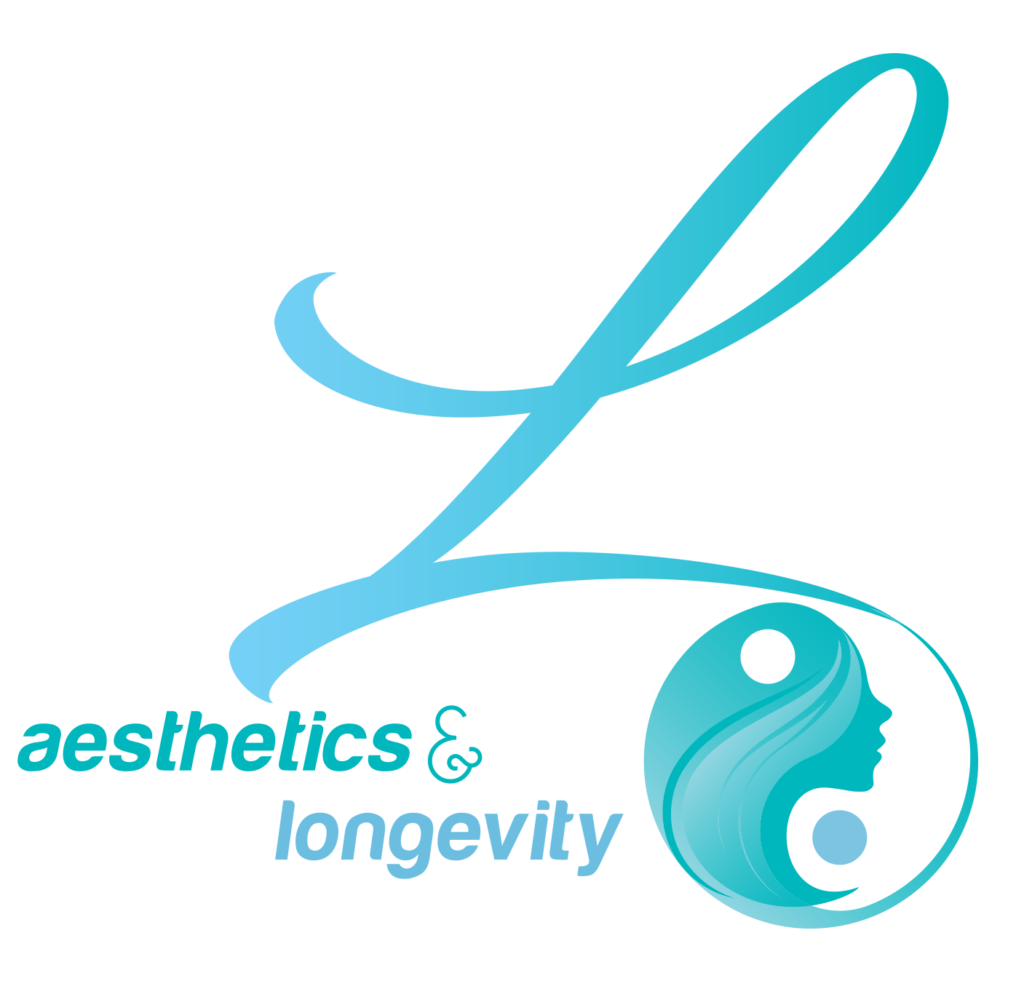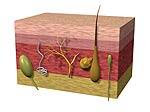| One of the most visible signs of premature aging occurs in the skin, where once firm, healthy collagen strands give way to wrinkling, dryness, and loo Healthy collagen metabolism is a complex process that requires balanced synthesis and degradation to maintain the firm appearance of young, healthy skin. As skin ages, however, it becomes especially vulnerable to glycation, because collagen comprises up to one-third of the body’s proteins and has a slow turnover rate. Once glycated, collagen fibers have reduced regenerative ability, leading to the wrinkles, creping, and sagging that characterize skin aging.
A number of studies show that glycation of collagen increases with age when cells are exposed to not only high levels of glucose, but also to normal levels for a long enough time.2 A specific receptor for AGEs, called RAGE, has even been found to be expressed in skin fibroblasts that are responsible for synthesizing collagen,5 which further compromises skin integrity. Glycation not only impairs the assembly of collagen macromolecules, but it keeps type IV collagen molecules from forming a normal network-like structure. It also degrades collagen types I and III. After the age of 35, women naturally suffer a decline in collagen type IV, further exacerbating these changes. TREATMENTS:
|
Advanced glycation end products (AGEs)
Written by: Rebecca Marroquin, L.E
What is AGEs?
Advanced glycation end products (AGEs) are proteins or lipids that become glycated as a result of exposure to sugars.

